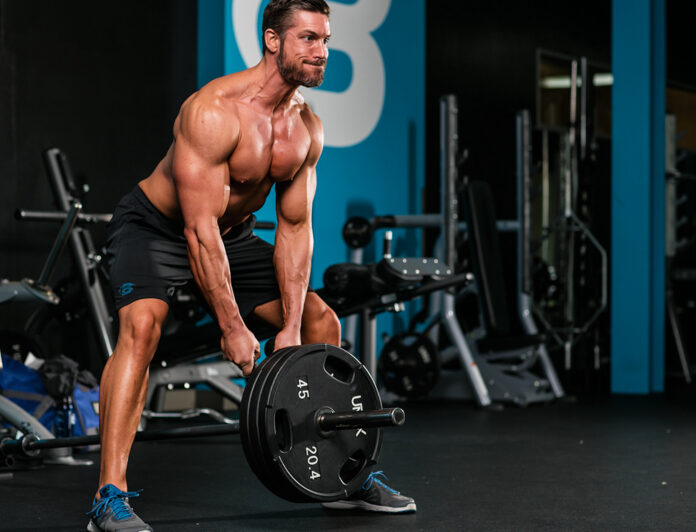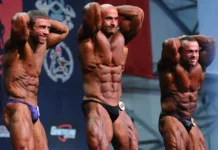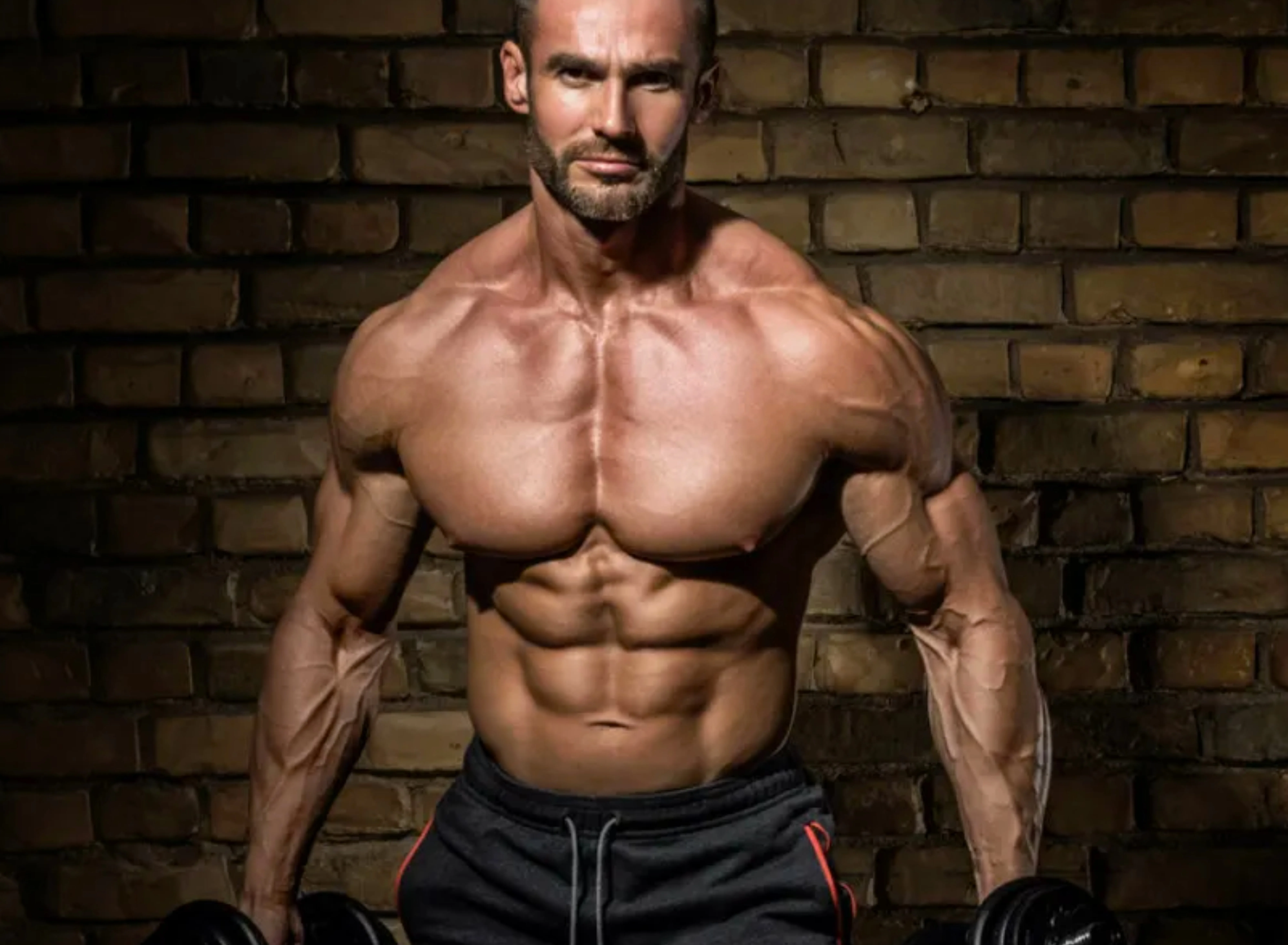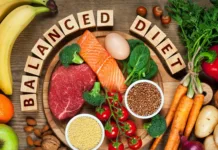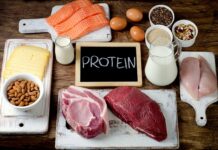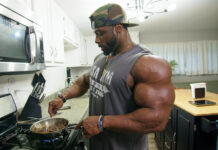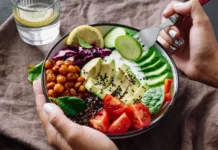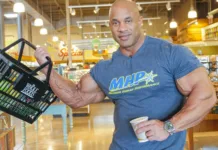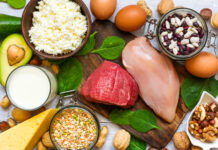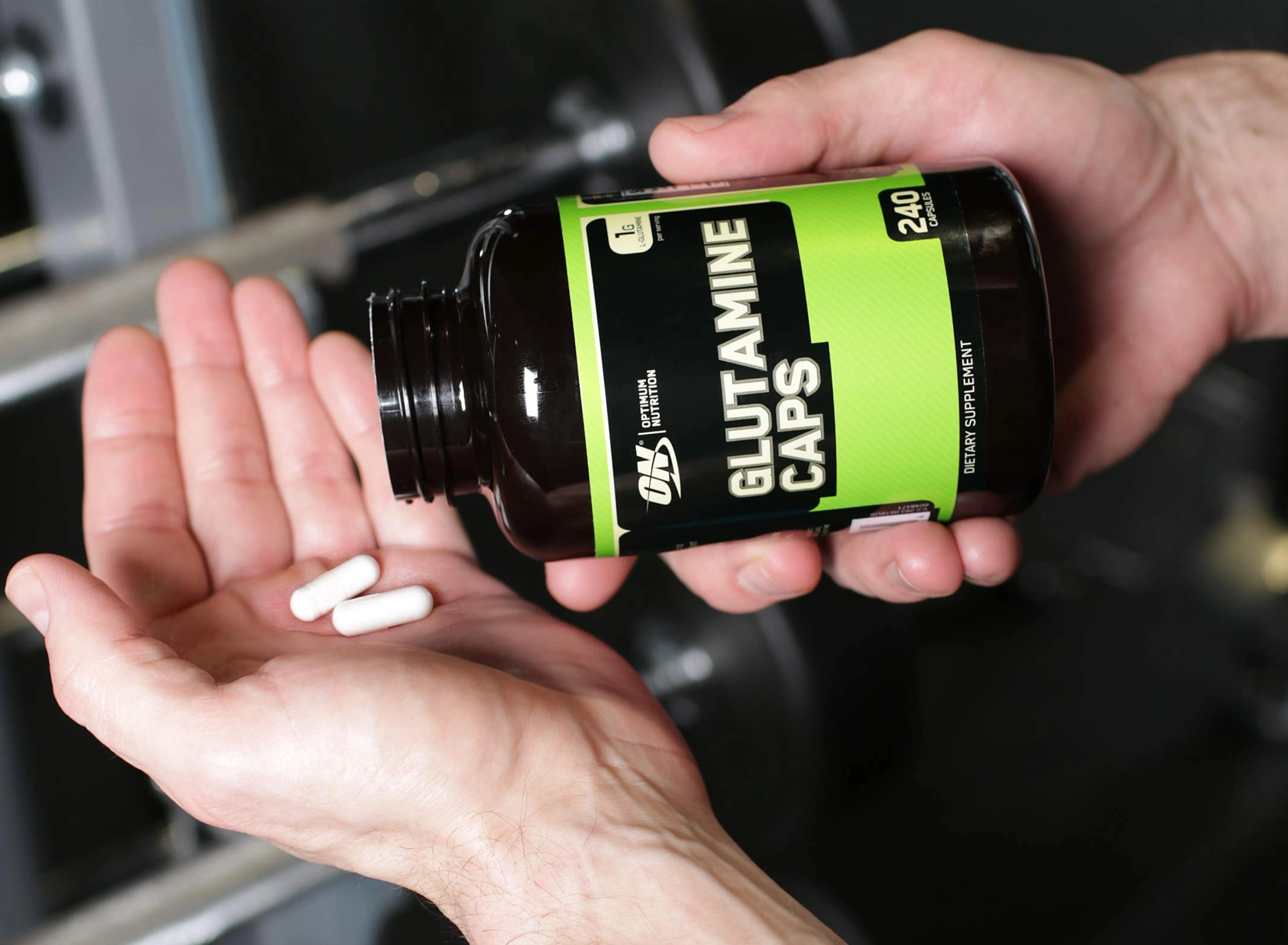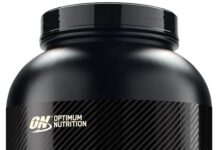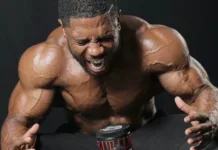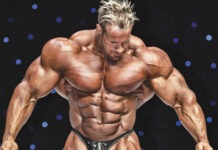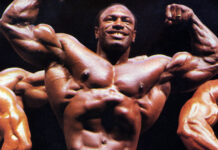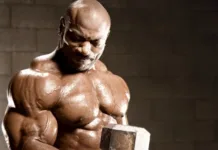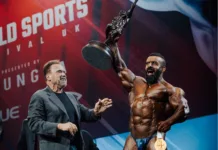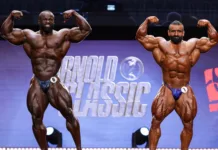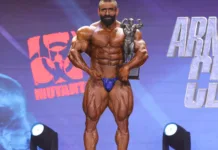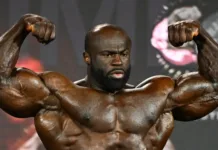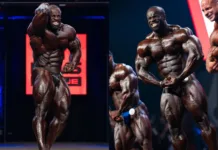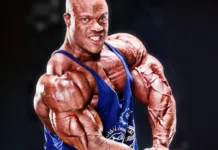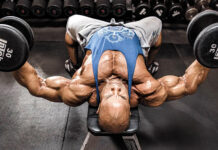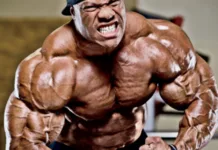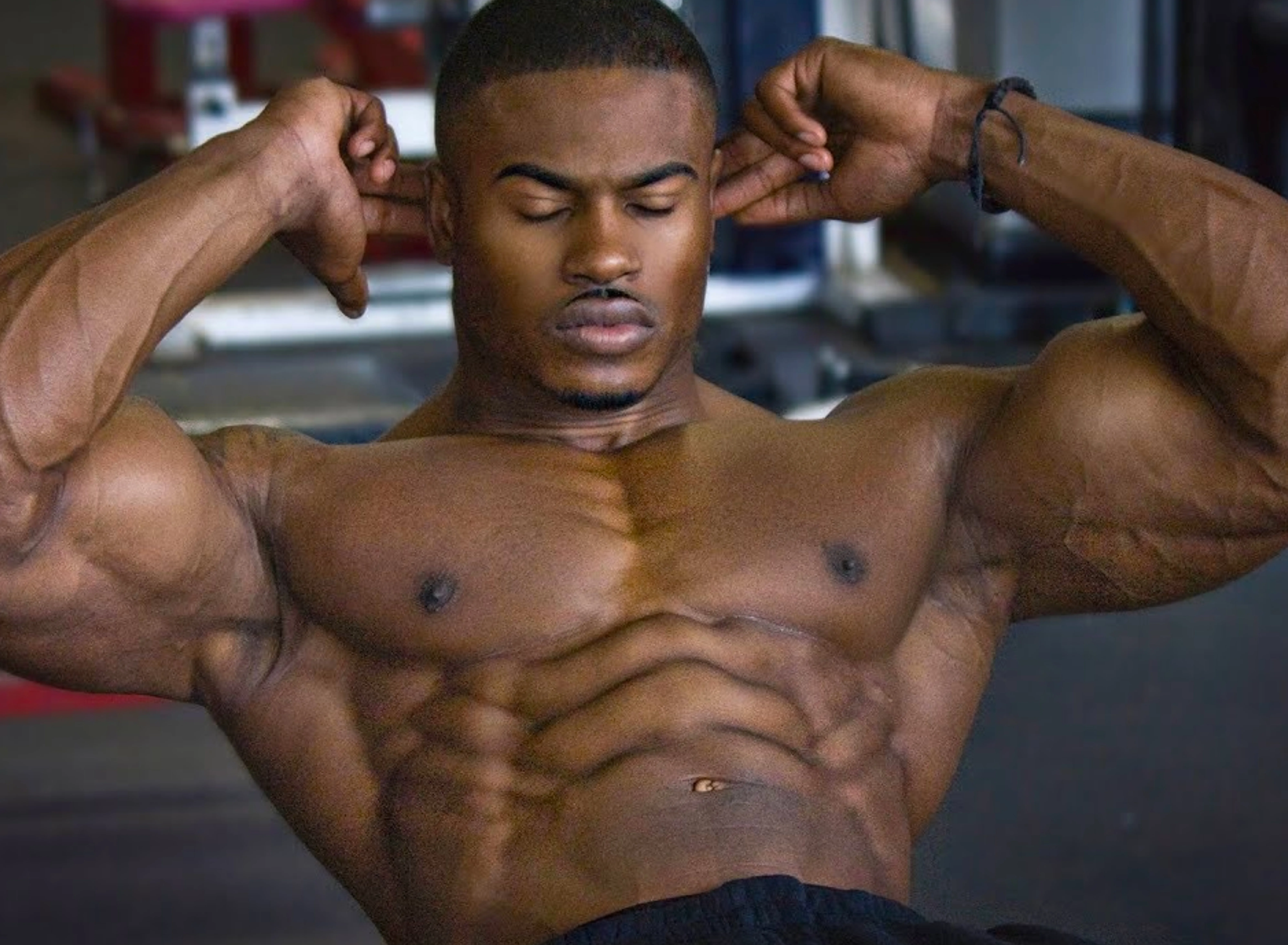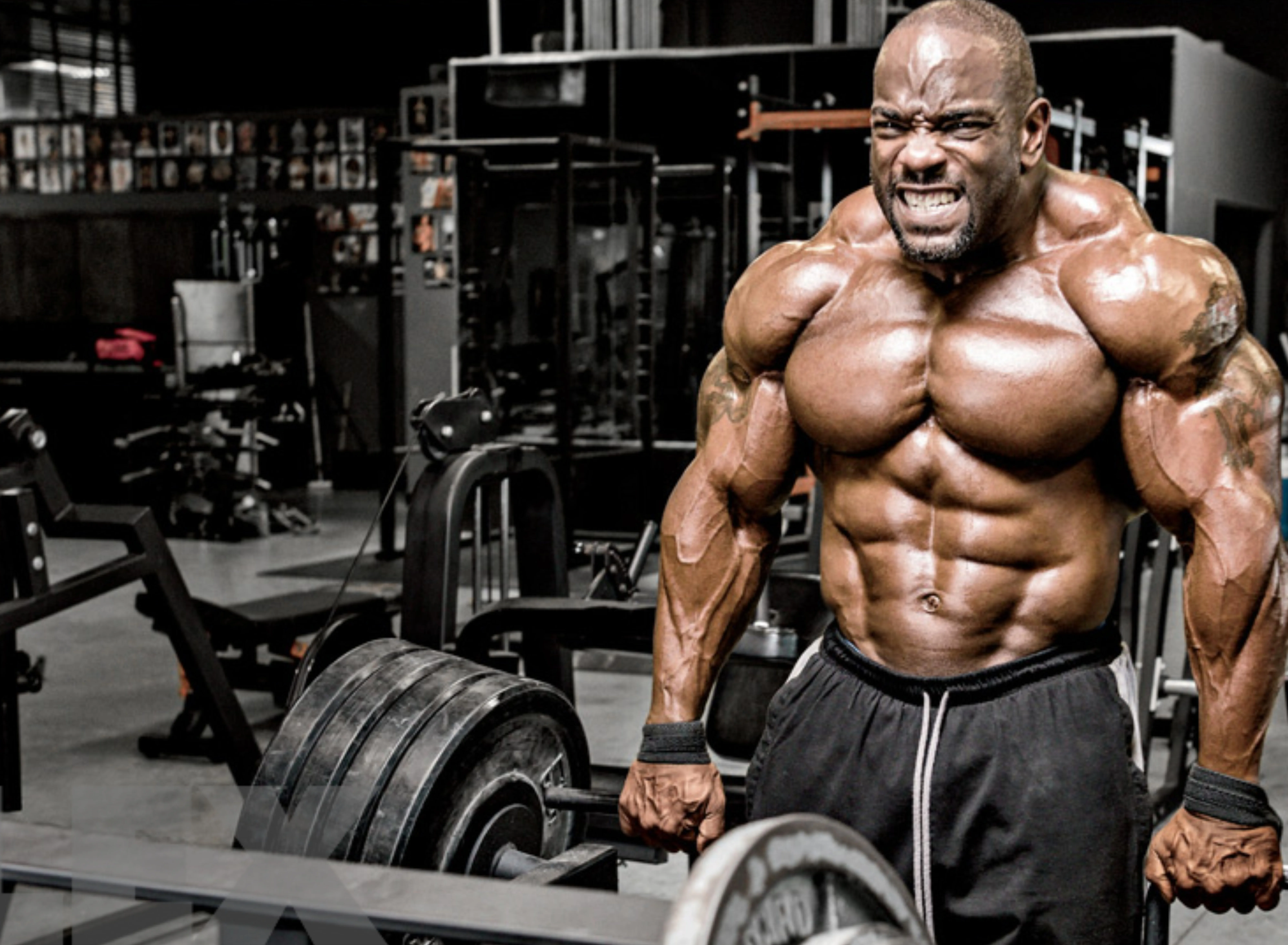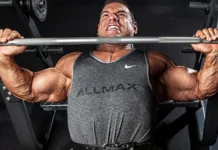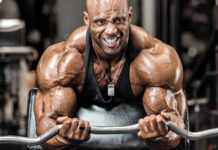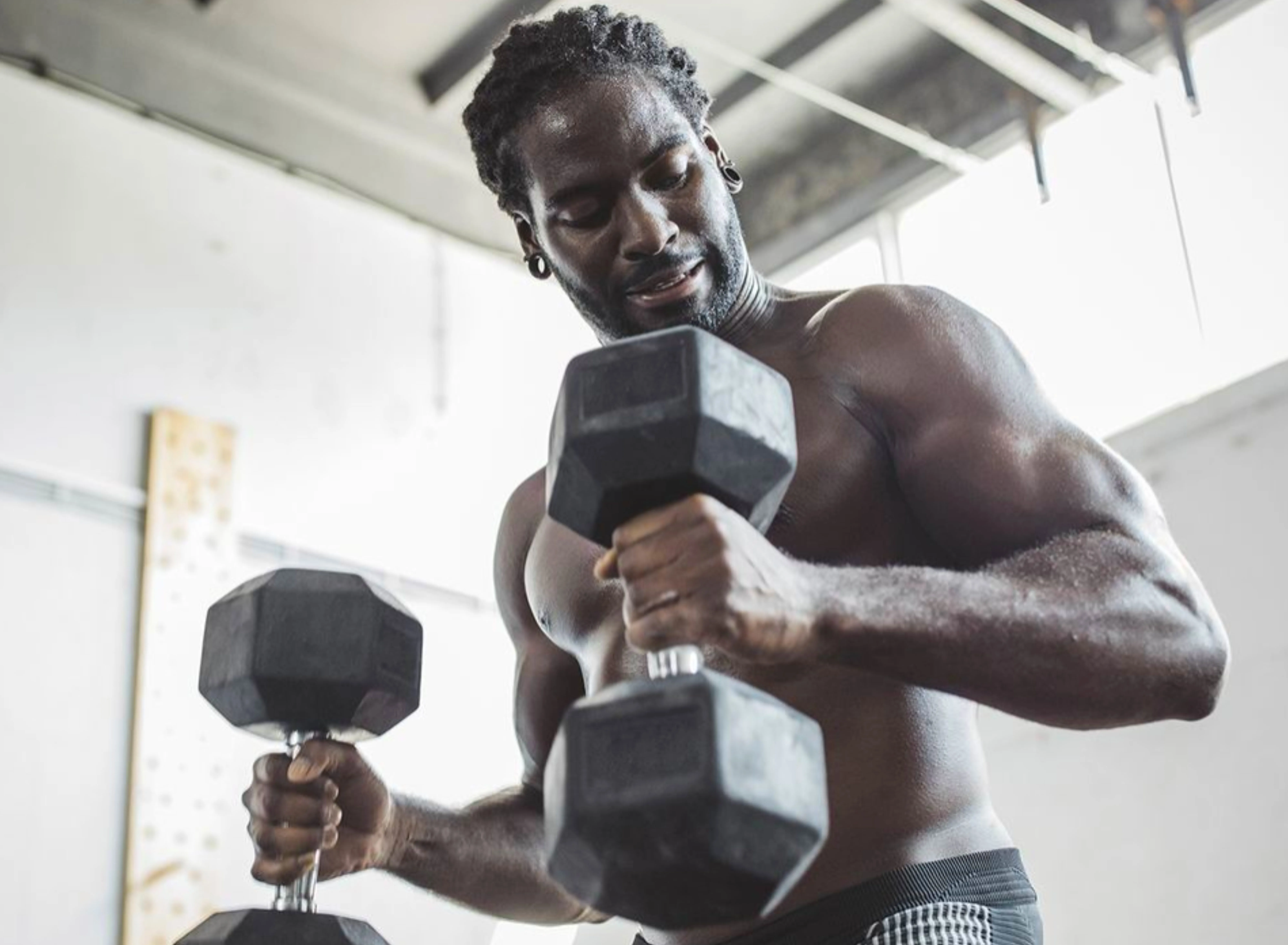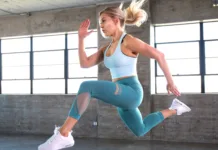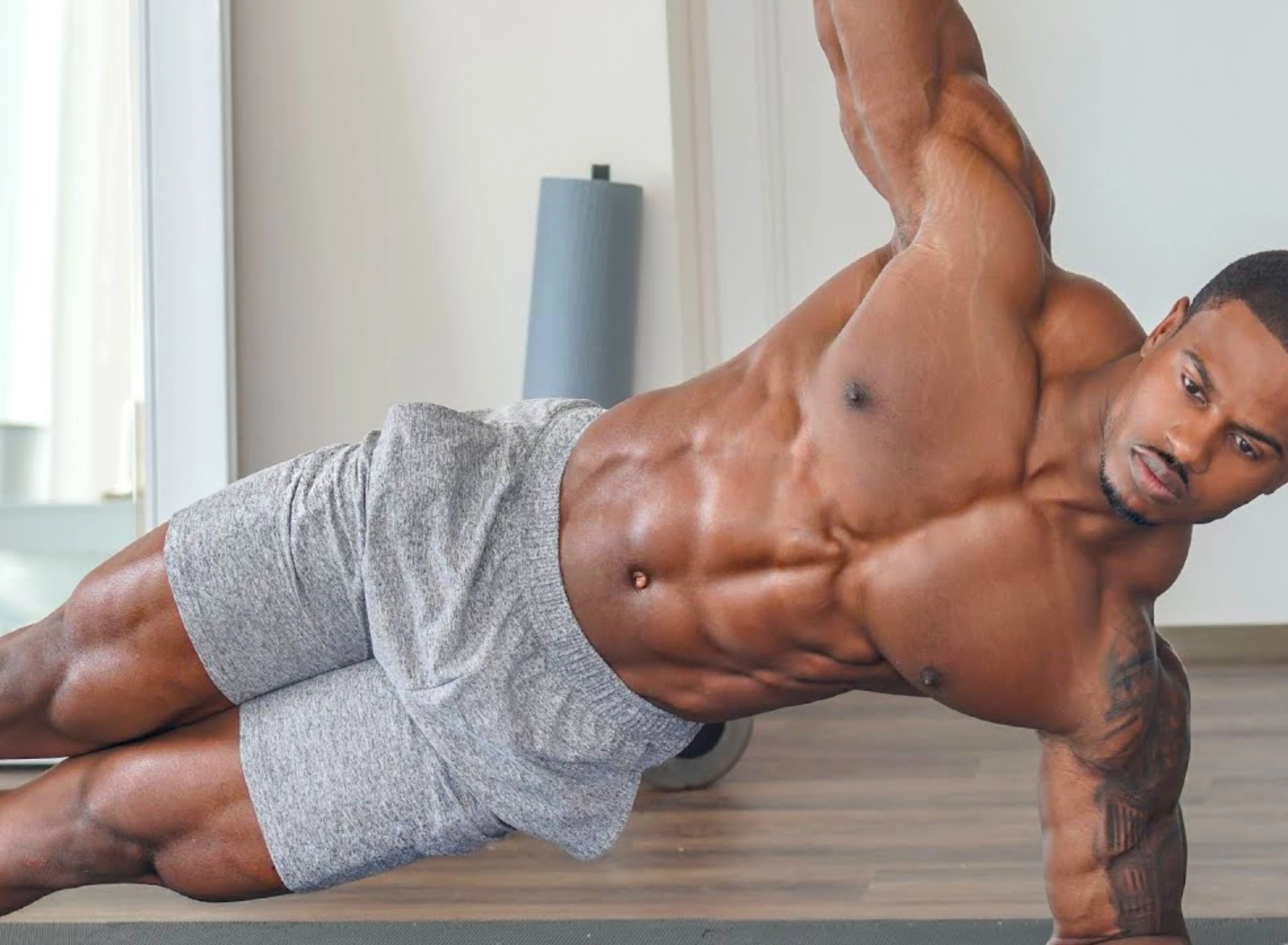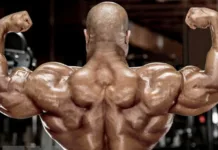If you really want to build your muscle and strength, you shouldn’t focus only on hitting the gym. Working out regularly is essential for muscle growth, but nutrition is absolutely essential for the entire process. In the fitness/Bodybuilding field there’s a formula which is 25%-75%. It means that training is only 25% and diet/lifestyle is 75%.
Let’s deep take a look at the list of essential nutrients and vitamins that you need to build muscle!
1. Minerals
Minerals are a group of nutrients that play an essential role in balancing many functions of the human body. You can divide minerals into two different categories – primary and trace ones. You may think that the first ones are more important, but the truth is that both groups play a significant role in muscle growth and promoting optimal health.
Calcium
Major minerals include calcium, which is vital for bone strength, phosphorus, potassium, sodium, and magnesium, which participate in numerous different processes that occur in the human body. The primary benefits of these nutrients include promoting water balance, as well as maintaining healthy skin, nails, and hair.
Trace minerals are selenium, iron, zinc, copper, chromium, iodine, etc. Their functions are equally important as they can also help in boosting blood strength and immunity, as well as transporting oxygen.
If you want to get enough minerals, you should make sure to consume a variety of healthy foods. You can go for lean red meat or poultry, as well as seafood, but fruits, veggies, and leafy greens should be the staples of your nutrition. Cereals, beans, and legumes can also be helpful, and healthy sea salt is excellent if you are looking to add some flavor to your food.
Vitamin D
It supports the absorption of calcium and phosphorus and improves the capacity to raise the generation of testosterone. Vitamin D helps muscle development and is essential for immune functioning, bone development, and reduces inflammation.
According to Harvard University, 1 billion people have a vitamin D deficiency, resulting from the fact that most people don’t spend enough time outside in the sun, which is the biggest supplier of vitamin D.
2. Protein
Proteins are the key to building muscles. Once you complete your training, the recovery starts, and that is when your muscles grow. Proteins take a crucial role at that point, and they boost muscle building and development.
The nutrient is also essential for securing fuel that tissues and cells use, and it participates in building hair and bones.
“Protein: Any of a class nitrogenous organic compounds which have large molecules composed of one or more long chains of amino acids and are an essential part of all living organisms, especially as structural components of body tissues such as muscle, hair, etc., and as enzymes and antibodies”.
Proteins are ‘king’ when it comes to recovery and growth: these nutrients, once in the body, are digested into amino acids that are the building blocks of your lean mass.
During your workout, the cells in your muscles are subjected to higher stress than they normally are, among them, the significant release of lactic acid which occurs in exercise. This leads to the athlete having to recover a part of the ‘damaged’ cells, while also replacing some of the old cells with new ones, in the growth of which protein synthesis is vital. Therefore, the post-workout diet must include proteins in order for the body to be assisted in its process of recovery from the effort.
Protein is found in many foods such as steak, chicken, turkey, fish, shellfish, cheese, milk, eggs, yoghurt, couscous, oats as well as many more. Alternatively, if you want to add vegan protein sources into your diet, try the following:
Seitan
It’s made from gluten, the main protein in wheat. Unlike many soy-based mock portions of meat, it resembles the look and texture of meat when cooked.
Also known as wheat meat or wheat gluten, it contains about 25 grams of protein per 3.5 ounces (100 grams). However, seitan should be avoided by people with celiac disease or gluten sensitivity.
Seitan is also a good source of selenium and contains small amounts of iron, calcium and phosphorus.
Tempah
Tempeh originates from soybeans. Tempeh is made by cooking and slightly fermenting mature soybeans prior to pressing them into a patty.
Soybeans are considered a whole source of protein. This means that they provide the body with all the essential amino acids it needs.
Edamame
Edamame is immature soybeans with a sweet and slightly grassy taste. They need to be steamed or boiled prior to consumption and can be eaten on their own or added to soups and salads.
3. Fats
For a long time, fats were stigmatized, following the opinion was that they are not suitable for human health. Good fats have numerous benefits for our health.
Firstly, you need to establish a difference between healthy and unhealthy fats. Always aim for unsaturated (mono and poly) fats, and make sure to avoid trans and saturated fats, which you will frequently find in processed and artificial foods.
Unsaturated fats can boost new cell growth and accelerate building muscles. They also support immunity and hormone production, increase energy, and cognitive performance. Healthy fats can also be significant to reduce the risk of heart and brain disease.
Nuts and fatty fish should be your primary source of unsaturated fats. You can also find them in olive and other vegetable oils (make sure they are cold-pressed!).
4. Carbohydrates
Carbohydrates play a crucial factor in securing enough energy, which is vital during training. Carbs will get you through intensive workouts, providing the body what it needs to function at maximum capacity.
However, you should avoid complex carbs, and instead focus only on consuming simple carbs. They are easy to digest, and there is no danger of an unhealthy effect or energy crashes. Focus on whole grain foods and vegetables. You can also eat oatmeal, starchy veggies like corn, and quinoa. Many people go with a low-carb diet, which can be effective for weight loss, but it is not a good choice for muscle building.
5. Water
People often neglect it, but water is one of the crucial aspects of building muscle. The human body can only last a couple of days without water. Even mild dehydration can cause confusion, dizziness, fatigue, and many other issues.
On the other hand, you can expect many benefits from water as it takes part in detoxification, promoting optimal digestion, nutrient transport, etc.
You should aim to drink clear bottled or tap water. Avoid sweetened variations, and don’t try to substitute it with sugary drinks or soda. The only thing you can consider adding to water is some lemon. It can also be useful if you are looking to add some flavor because you do not like the taste of water.
Lemons are a good source of vitamin C. One lemon provides about 31 mg of vitamin C, which is 51% of the reference daily intake (RDI). Research shows that eating fruits and vegetables rich in vitamin C reduces your risk of heart disease and strokes.
On the other side, dehydration can affect brain structure and function. It is also involved in the production of hormones and neurotransmitters. Prolonged dehydration can lead to problems with thinking and reasoning.
Ultimately, you should aim for a healthy and optimized diet. Aside from focusing on the right food, you want to avoid unhealthy choices as they could compromise your results. If you stick to healthy nutrition and regular workout, you will be on the right path to building your muscles quickly!
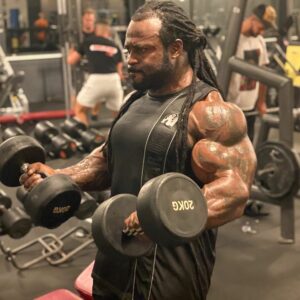
- Shop Bath & Beauty products at eVitamins.com!
- $5.95 Ground Shipping On Any Purchase In The US! – Shop Now!
- LivPur – advocates for safe, clean and, most importantly, low–cost yet effective nutrition!
